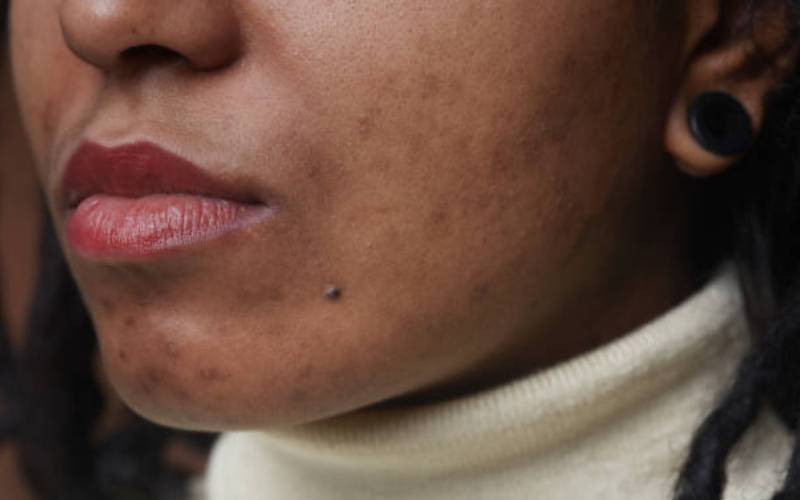×
The Standard e-Paper
Home To Bold Columnists

Anyone who has ever had a skin issue knows the scars are more than skin deep. The reality is, despite how common acne is, it can have a negative impact on one's mental well-being.
Acne, one of the most common skin disorders, peaks in adolescence and early adulthood, according to the Yale School of Medicine, affecting around 85 per cent of people between the ages of 12 and 24. However, over 25 per cent of women and 12 per cent of men in their 40s report having acne.